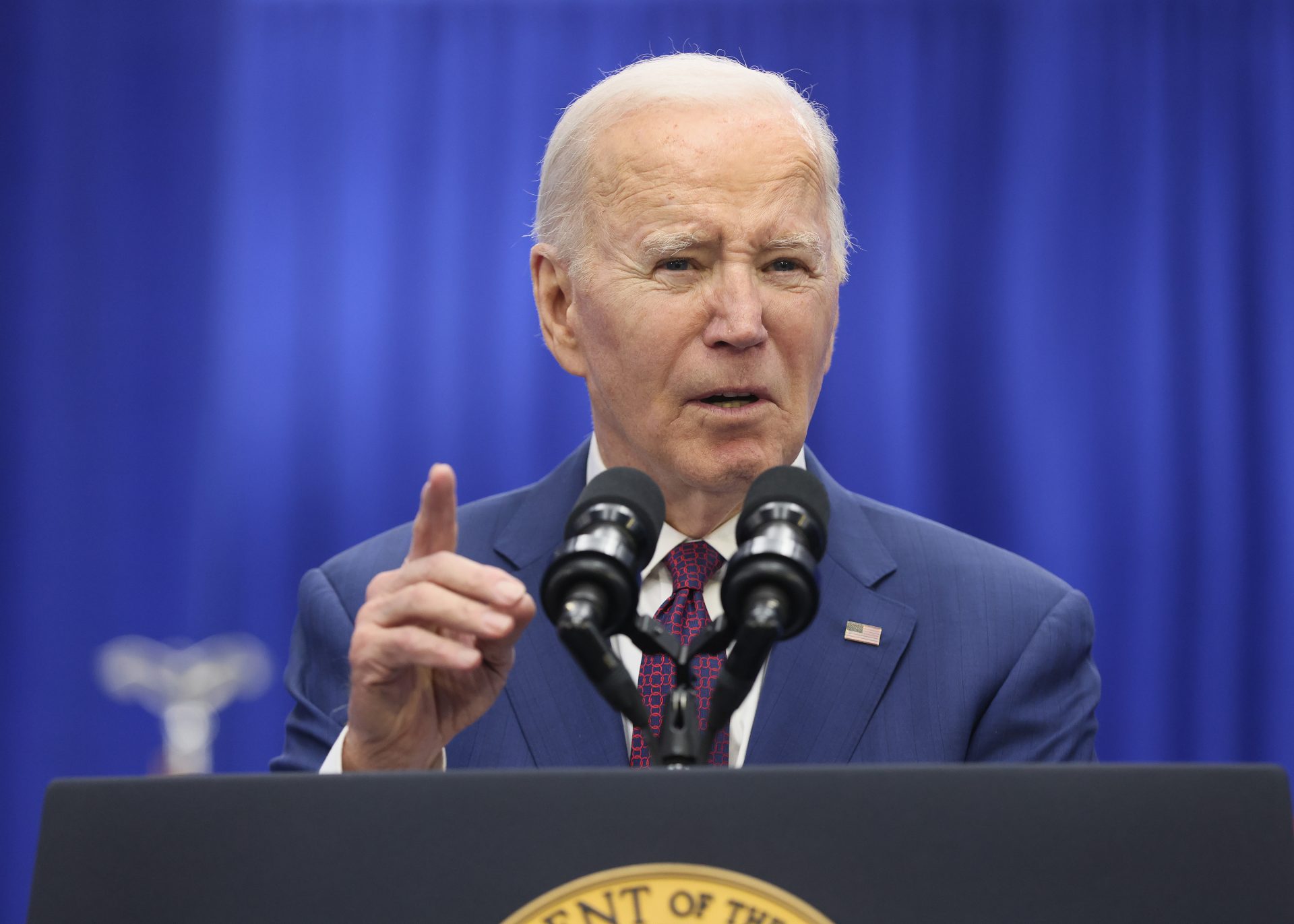Payroll
Biden’s 2025 Budget Rejects Any Cuts to Social Security and Medicare
The president's $7.3 trillion budget seeks to expand programs including some drug provisions under the Inflation Reduction Act.
Mar. 12, 2024

By Keerthi Vedantam, Kiplinger Consumer News Service (TNS)
Among President Joe Biden’s requests in his newly released 2025 fiscal year budget are calls for strengthening and protecting Medicare and Social Security, moves previewed in his State of the Union address last week and ones that help to kick off his re-election campaign.
The $7.3 trillion budget proposal, issued March 11, covers a broad range of priorities in key areas including health care, child care and education, and includes calls for expanding benefits under Biden’s landmark Inflation Reduction Act of 2022.
While the budget is unlikely to pass the divided House and Senate (at least in its current form), Biden’s agenda is a peek into what his administration says are tangible goals if he is elected to another term.
The budget rejects all proposals to cut Medicare and Social Security benefits as well as proposals to privatize Social Security.
“Millions of Americans have been working their whole lives, paying into Social Security and Medicare with every working day, and want to know that they can count on these programs to be there when they need them,” the White House said in a statement on the budget.
The Social Security Administration’s (SSA) trust fund reserves—which supplement the program’s income largely from payroll taxes—help SSA pay full benefits. But these reserves face a long-term shortfall that, if Congress does not act to shore up the funding, will result in about a 20% cut in benefits to beneficiaries in 2034. Some lawmakers have called for cuts to the SSA program.
Under the budget proposal, the administration says it will work with Congress to strengthen Social Security without cutting benefits, extend its solvency by asking high-income taxpayers to pay their “fair share,” and improve financial security for seniors and people with disabilities.
The budget proposes an increase of $1.3 billion in the SSA to hire more customer service staff, invest in IT to process disability claims faster and make phone services more accessible to seniors.
The proposal seeks to extend the life of the Medicare Hospital Insurance (HI) Trust Fund permanently by increasing the Medicare tax rate on income above $400,000, closing what the administration says are loopholes in existing Medicare taxes, and directing revenue from the net investment income tax into the HI trust fund “as was originally intended.”
Inflation Reduction Act expansions
Other reforms called for in the proposal include an expansion of certain drug provisions under the Inflation Reduction Act. These include the Medicare drug pricing negotiation program, which would be expanded to include more drugs soon after they are launched, as well as extending the $2,000 out-of-pocket prescription drug cost cap beyond Medicare to include the commercial market.
Under the Inflation Reduction Act, insulin copayments are capped at $35 per month but only for Medicare beneficiaries. The budget proposal seeks to expand this to include all patients needing insulin.
The budget also proposed capping Medicare Part D cost-sharing to $2 a month on certain generic drugs meant to treat chronic conditions.
For a copy of the 188-page budget, visit the whitehouse.gov site.
______
All contents copyright 2024 The Kiplinger Washington Editors Inc. Distributed by Tribune Content Agency LLC.
